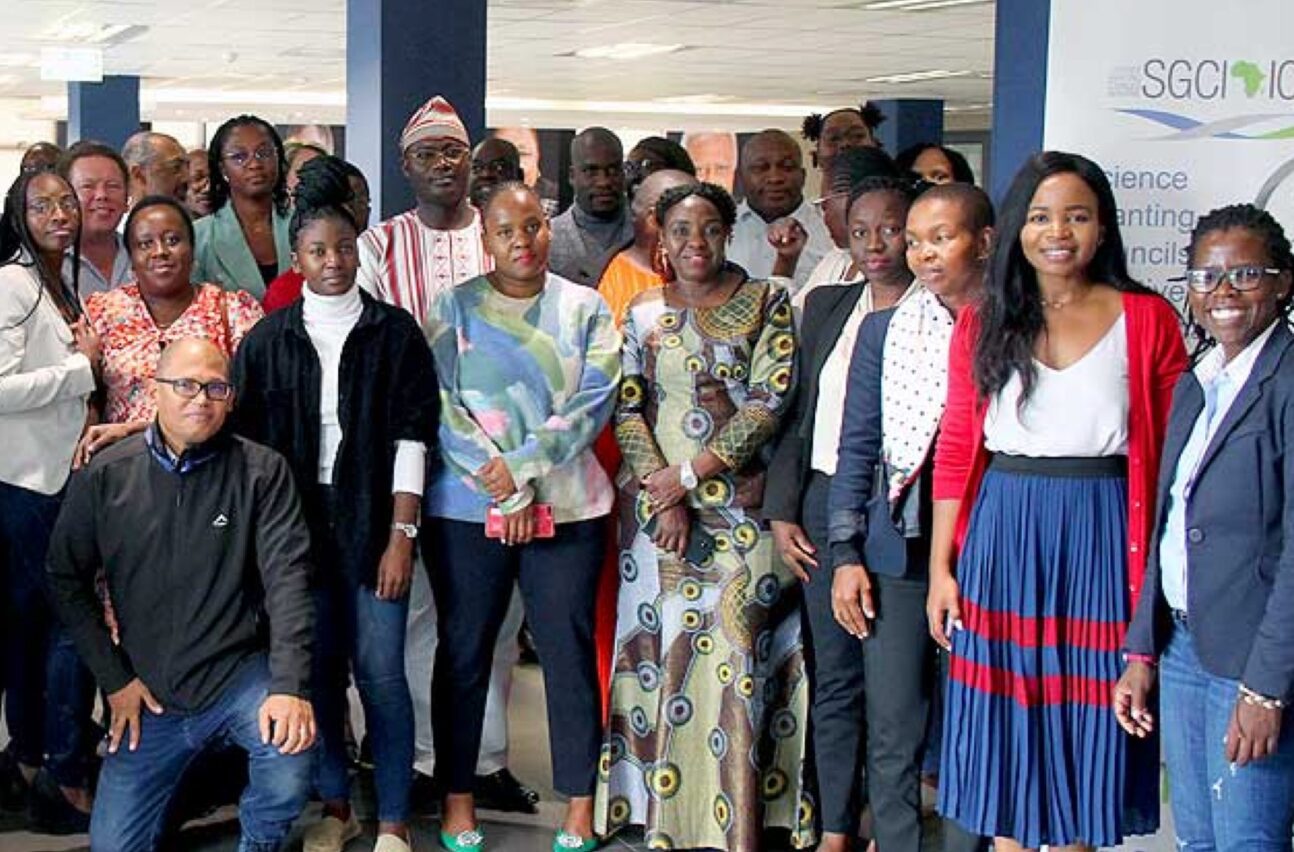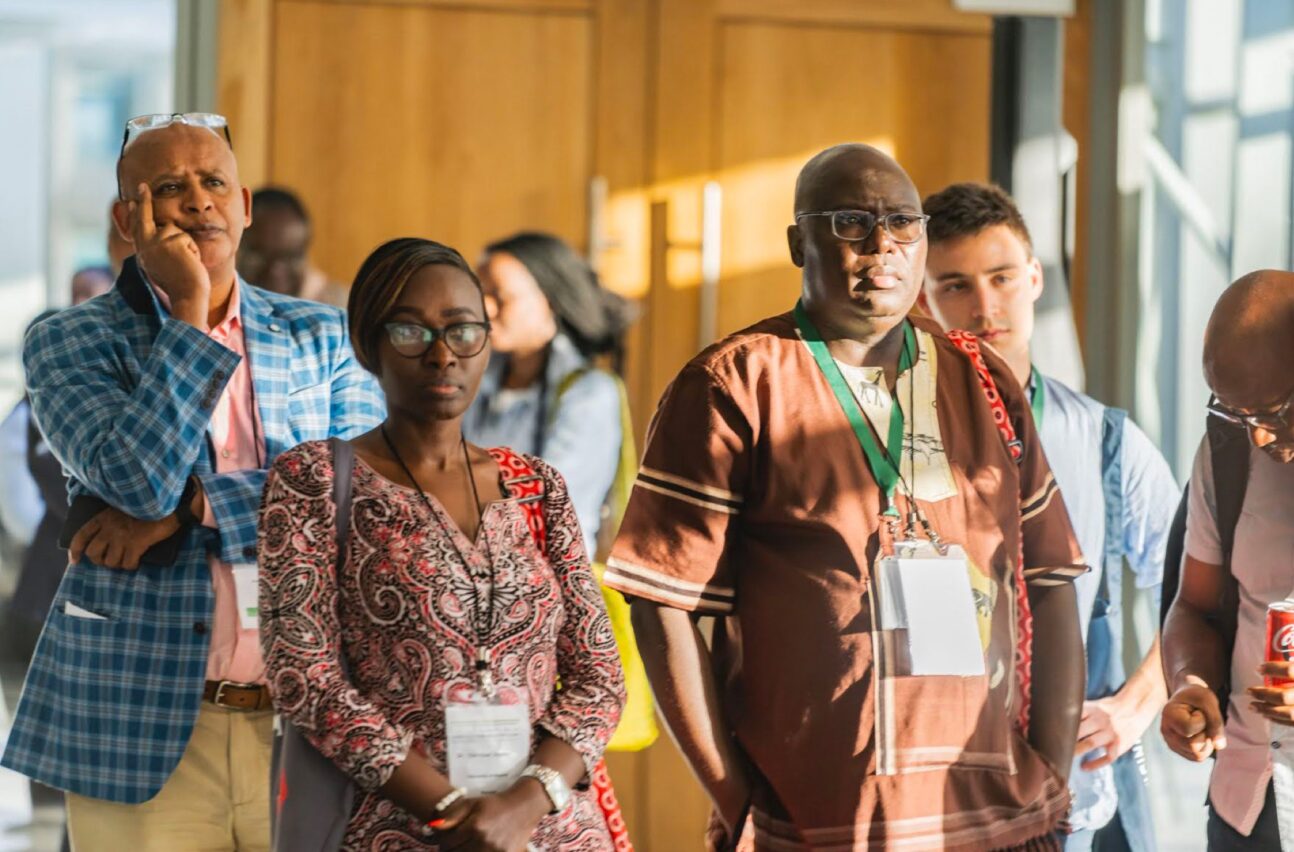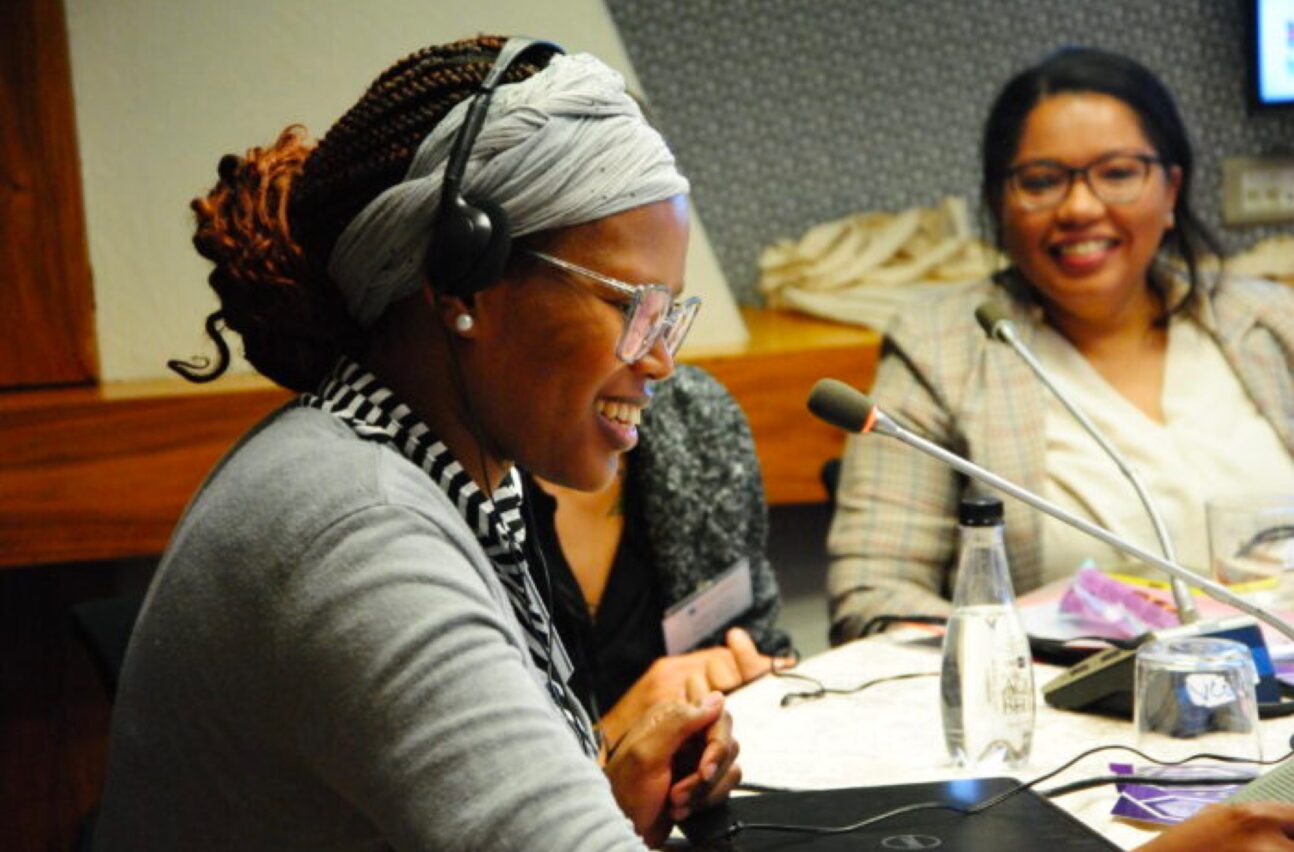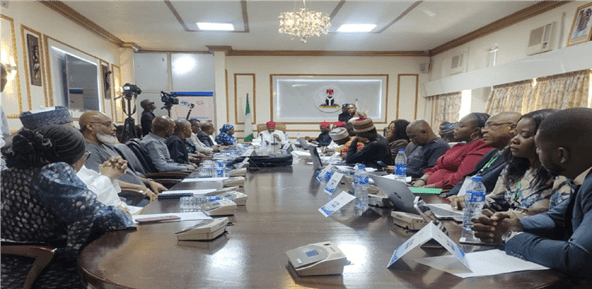The guidelines are a key output from the peer-learning for emerging researcher’s knowledge and advancement (PERKA) project. They intend to provide guidance for and share the experiences of African programmes…
The guidelines are a key output from the peer-learning for emerging researcher’s knowledge and advancement (PERKA) project. They intend to provide guidance for and share the experiences of African programmes in implementing such initiatives, describe partnership models for funding, and provide action points and recommendations for enhancing post-PhD support across the continent.
The guidelines were launched at a high-level convening on early-career researcher development in the post-PhD phase that was held at the Cape Town International Convention Centre (CTICC) from 06 to 07 December 2022 available here. Presentations which were made during the convening (available here). They aim to serve multiple audiences, including science funders, development partners, higher education institutions, and networks who wish to implement impactful early-career researcher support programmes focused on the post-PhD phase, as well as the project teams responsible for implementing these programmes.
PERKA was a joint participatory research project focusing on support provided to early-career researchers in the post-PhD phase in Africa. Funded jointly by the Carnegie Corporation of New York (CCNY) and the National Research Foundation (NRF) of South Africa, the project was implemented in collaboration with the Centre for the Advancement of Scholarship at the University of Pretoria (UP), South Africa.
The purpose of PERKA was to identify, analyse, document, and share the key lessons learned from CCNY’s investment in post-PhD support programmes in Africa. PERKA adopted a collaborative, participatory peer-learning approach to document and investigate partnership models for post-PhD support in Africa. For more information visit https://www.up.ac.za/peer-learning-for-emerging-researchers-knowledge-and-advancement-perka-program
Research and Resources
Themes
The SGCI aims to strengthen the capacities of these SGCs to support research and evidence-based policies that will contribute to economic and social development.







